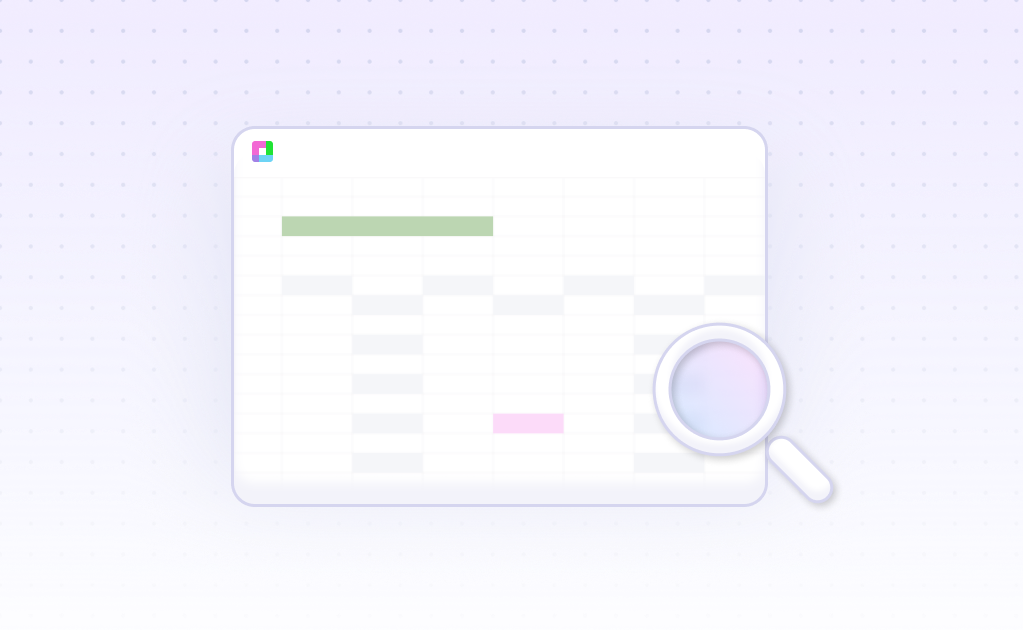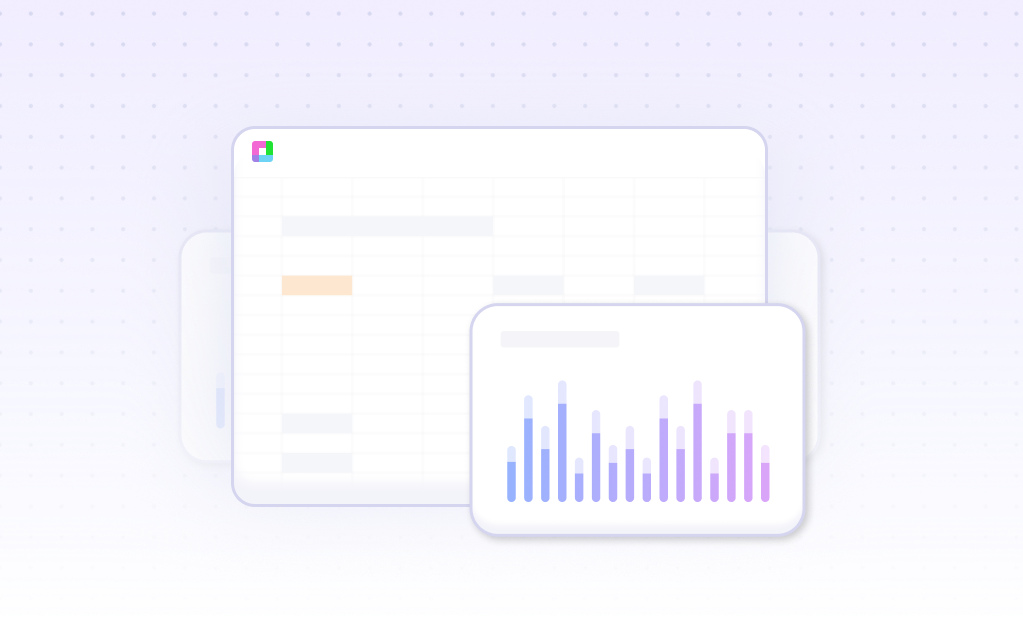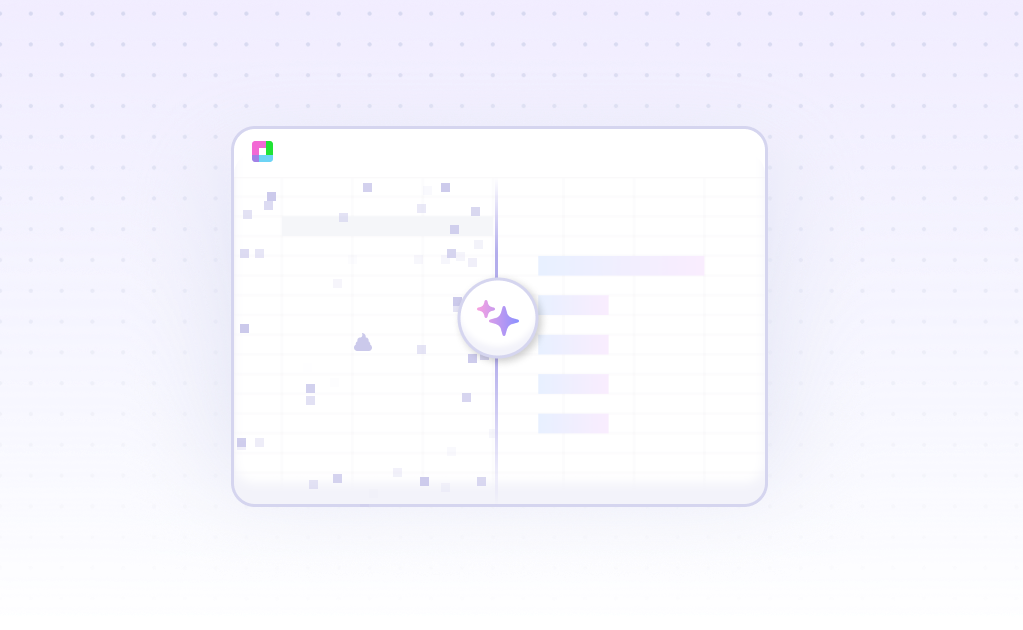
Introduction
Empirical analysis helps organizations make data-driven decisions by examining real-world data. While Excel provides tools like NORM.DIST() for statistical analysis, AI-powered alternatives now offer superior capabilities. AI can process vast datasets quickly, identify patterns with minimal errors, and develop predictive models for forecasting trends.
Sourcetable combines Excel's functionality with AI to streamline empirical research and analysis. By automating complex data tasks, this tool helps organizations reduce costs while making faster, better-informed decisions. We'll explore how Sourcetable enables efficient empirical analysis, which you can experience at sourcetable.com/signup.
Why Sourcetable Is Superior for Empirical Analysis
Sourcetable combines AI-powered automation with natural language processing to streamline empirical analysis. Unlike Excel, which requires manual data entry and formula writing, Sourcetable automatically extracts information from sources and allows natural language queries for analysis.
Automation and Accuracy
While Excel demands manual entry for notes and source information, Sourcetable automatically captures data from journal articles. This automation reduces human error and increases productivity. AI-powered features perform calculations with precision and automate repetitive tasks, letting researchers focus on higher-value analysis.
Enhanced Search and Analysis
Excel's basic search and filtering capabilities limit complex analysis. Sourcetable offers superior search options and supports complex search strings. Natural language queries eliminate the need for complex formulas, making data analysis more accessible and efficient.
Time and Resource Optimization
Excel's flexibility and customization come at the cost of manual effort. Sourcetable streamlines operations through AI automation, improving decision-making with reliable data and automated visualization tools. This efficiency transforms empirical analysis from a time-consuming task into a streamlined process.
Benefits of Empirical Analysis with AI-Powered Spreadsheets
Why Empirical Analysis Matters
Empirical research reveals the meaning behind phenomena by investigating how and why things work. This approach enables researchers to replicate successful outcomes or prevent undesired events through real-world data collection. The flexible nature of empirical research allows for methodology adjustments to meet evolving research goals.
The reliability of empirical analysis stems from its basis in real-life experiences rather than theoretical frameworks. Direct researcher involvement during data collection helps minimize bias, ensuring more accurate results.
Enhancing Empirical Analysis with AI
Modern AI-powered spreadsheet tools streamline empirical analysis through natural language processing and automated calculations. AI features like intelligent column calculations and natural language queries transform raw data into actionable insights. Researchers can leverage AI analysts to process complex datasets and generate comprehensive analytical reports.
Types of Empirical Analysis with Sourcetable
Sourcetable provides powerful AI-driven features for conducting diverse empirical research studies. The platform supports both quantitative methods like experiments, surveys, and correlational research, as well as qualitative approaches through interviews and observational studies.
Quantitative Research Examples
Researchers can perform causal-comparative studies, cross-sectional analysis, and longitudinal research using Sourcetable's data organization capabilities. The platform's matrix functionality helps analyze and visualize quantitative data while maintaining research trustworthiness.
Real-World Applications
Sourcetable supports empirical analysis across multiple fields, including information technology, infectious diseases, genetics, and climate change. Notable examples include genome-wide association studies of sleep patterns and analysis of COVID-19 transmission characteristics.
Academic Research
Students and researchers use Sourcetable for theses and dissertations in computer science, engineering, artificial intelligence, and social sciences. The platform's systematic coding and evidence-tracking features ensure analytical rigor in academic work.
Data Analysis Features
Sourcetable's AI-powered features include natural language queries and OpenAI integration through the ASK_OPENAI formula. These tools help researchers organize large datasets, track analytical decisions, and validate interpretations against empirical evidence.
Use Cases for Sourcetable Analysis
Real-Time Data Model Updates |
Sync live data from over 100 business applications for near-real-time model updates. Query billion-row datasets in sub-second time using cloud computing acceleration. |
Advanced Data Processing |
Clean and format large datasets efficiently using AI automation. Perform vector queries and transformations across 3D and 4D data spaces. |
Research Data Management |
Clean, summarize, and categorize research data using familiar A1 notation and cell-based referencing. Access over 500 formulas and functions for comprehensive analysis. |
Sentiment Analysis Integration |
Automatically classify customer feedback and social media comments. Reveal hidden patterns and trends in customer sentiment data using AI-powered insights. |
Frequently Asked Questions
What is empirical analysis and why is it important?
Empirical analysis is a research method based exclusively on concrete, verifiable evidence derived from observation and experimentation. It can be either qualitative (using interviews and case studies) or quantitative (using numerical data and statistical methods). It's important because it helps understand how the world works through real-world evidence rather than theory or speculation.
How does Sourcetable help with empirical analysis?
Sourcetable is an AI-native spreadsheet that syncs with data from over 100 business applications and allows analysis of large CSV files. It provides over 500 formulas and functions, can query billion-row datasets in sub-second time, and includes an AI copilot to assist with spreadsheet work. Its familiar A1 notation and cell-based referencing make it accessible to teams while offering advanced capabilities like vector queries and 3D/4D data transformations.
How can I perform Information Bottleneck analysis in Sourcetable?
You can use the embo Python package, which implements the Information Bottleneck method using the Blahut-Arimoto algorithm. It's optimized for discrete, low-dimensional data and can analyze any dataset with joint observations of two discrete variables. The package is computationally efficient, can handle larger problems than other implementations, and includes example analyses in Jupyter notebooks.
Conclusion
While Excel provides robust tools for empirical analysis through functions like NORM.DIST() and VLOOKUP, Sourcetable offers an AI-powered alternative that simplifies the process. This innovative platform combines Excel's analytical capabilities with ChatGPT's intelligence, automating formula generation, data cleaning, and chart creation.
Sourcetable streamlines empirical analysis by integrating with SQL and Python, offering voice-driven interactions, and generating formulas like SUM and VLOOKUP automatically. For those seeking efficient data analysis without extensive Excel expertise, try Sourcetable's AI-powered spreadsheet solution today.
Recommended Analysis Guides
Connect your most-used data sources and tools to Sourcetable for seamless analysis.
Frequently Asked Questions
If your question is not covered here, you can contact our team.
Contact Us




